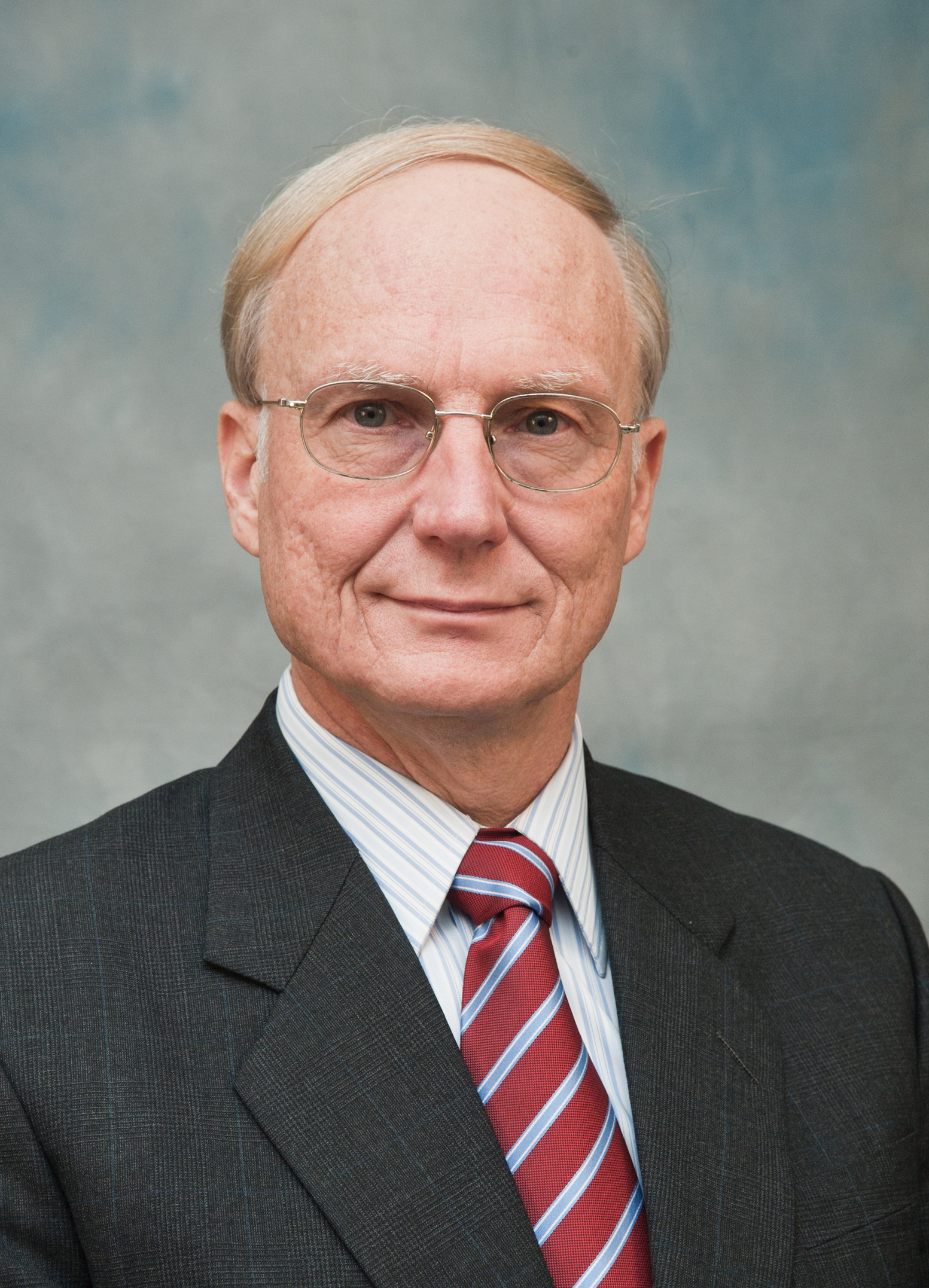Ed Tiedemann receives Virginia Tech College of Engineering service award

Edward G. Tiedemann Jr., a senior vice president of engineering at Qualcomm Inc., and a Qualcomm Fellow, is the 2010 recipient of Virginia Tech’s College of Engineering Distinguished Service Award.
“Among his many accomplishments, his leadership helped shape the success of the Institute for Critical Technology and Applied Science, now a well-respected entity, performing cutting-edge research. His leadership also endorsed the college’s initial attempts to create a differential tuition for engineering students, a strategy that has since been adopted, and is allowing the renovation of the undergraduate facilities. Ed was a formidable leader as chair of the College Advisory Board,” said Richard C. Benson, dean of the College of Engineering.
Tiedemann’s career at Qualcomm started in 1988, two years after he had a meeting with one of the founders, Andy Viterbi, who suggested he come work for the fledgling firm.
Today, Tiedemann leads the wireless telecommunications firm’s worldwide standardization activities. He was one of the key system designers in the team that pioneered the use of code division multiple access technology for cellular communications. He then led Qualcomm’s effort in developing the IS-95 standard for cellular communications.
A few years later, Tiedemann led Qualcomm’s and much of the industry’s efforts in the design and development of the third-generation cdma2000® system. He was instrumental in getting Qualcomm involved in wideband code division multiple access and in embedded modules. Today, there are more than one billion cell phones using a form of this multiple access technology and Qualcomm is the largest supplier of ASICs, a 3-D modeling system, to the cellular industry.
At Virginia Tech, Tiedemann was on the College of Engineering Advisory Board from 2002 until 2006, serving as vice chair and chair during his last two years.
Tiedemann also served on the Virginia Tech Bradley Department of Electrical and Computer Engineering Advisory board from 1997 until 2000.
Tiedemann holds over 150 U.S. patents.
Prior to becoming involved with land-based wireless communications, Tiedemann worked on numerous commercial and military satellite programs. From 1977 to 1988, Tiedemann was at MIT Lincoln Laboratory.
Tiedemann earned his Ph.D. degree in 1987 from MIT where he worked in the areas of queuing theory and communications networks. Purdue University awarded him a master’s degree in 1977. He received his bachelor’s degree in electrical engineering from Virginia Tech in 1975.




